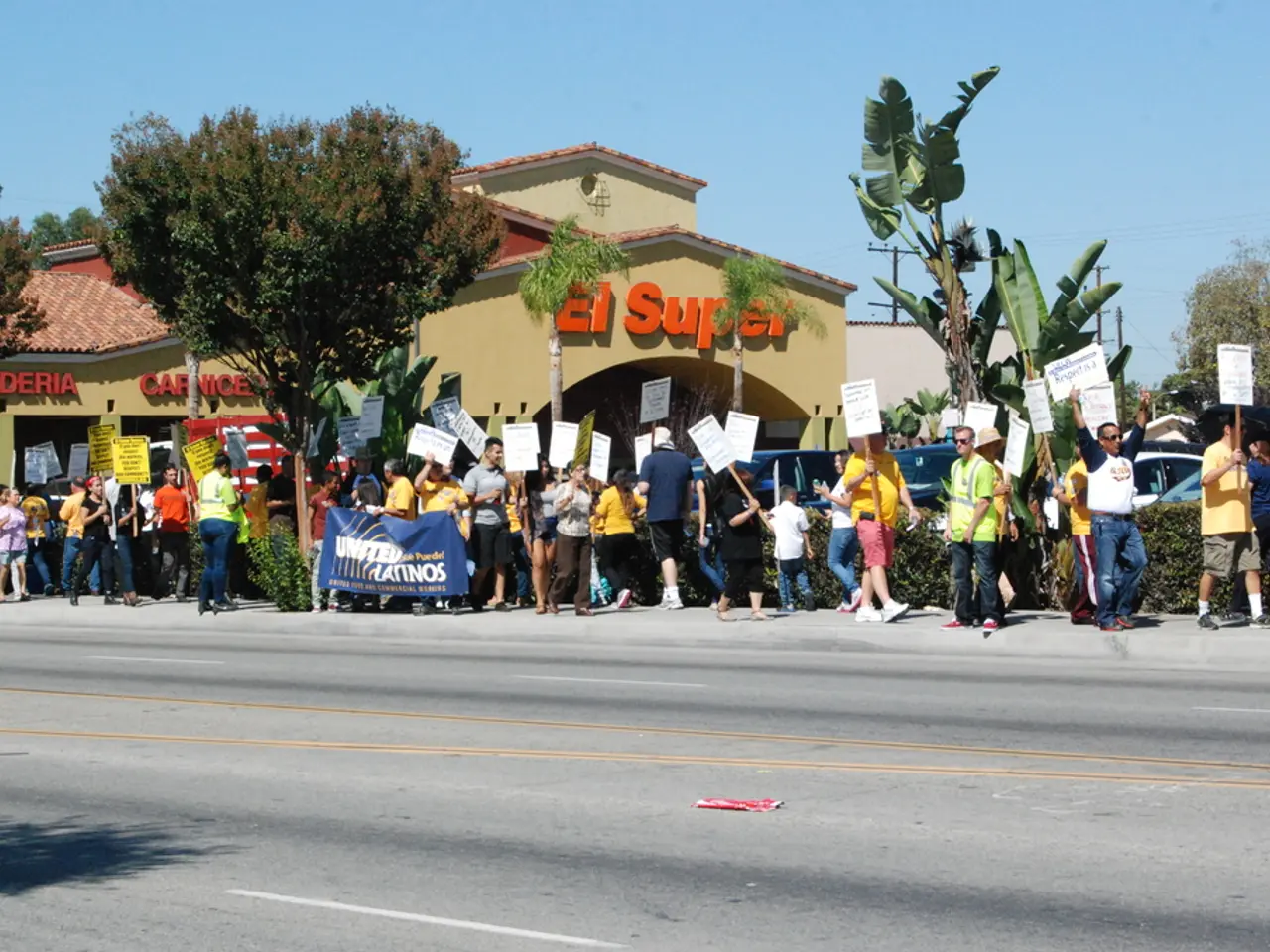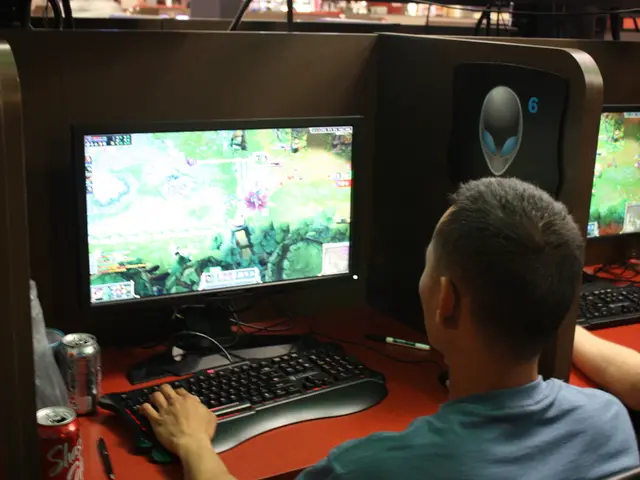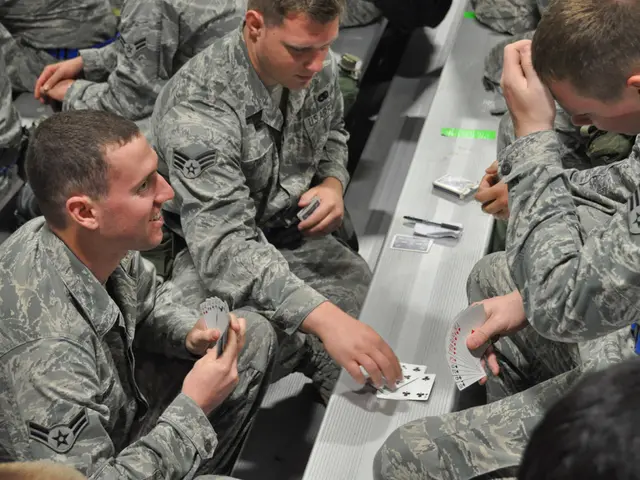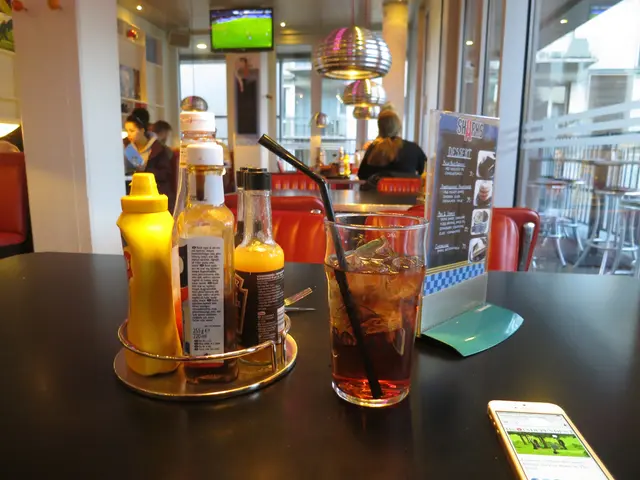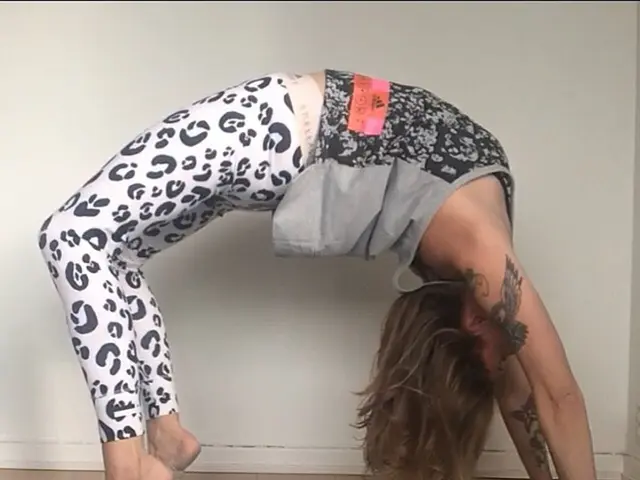Investigation Series - Episode 5: The Progressives
In an unexpected turn of events, Die Linke, the German left-wing political party, managed to secure a strong result in the 2025 federal election, despite a tough starting position. The party achieved an impressive 8.8% of the votes and six direct mandates, marking their best result since 2017.
The resurgence was driven by a series of strategic adaptations and skillful campaign management. Die Linke successfully targeted younger voters, particularly those aged 18–34, and managed to win six direct constituencies for the first time, including three in former West Berlin. The party also attracted voters from other left-leaning parties, such as the Greens and SPD, as well as non-voters.
However, the factors contributing to this turnaround and the role of the "Aktion Silberlocke" campaign are still under investigation. The "Aktion Silberlocke" strategy, which focused on prominent, experienced politicians to secure at least three direct mandates, was an unusual move for Die Linke. Heidi Reichinnek, a 35-year-old Member of the Bundestag, played a key role in the campaign, embodying a modern, approachable political style and targeting young voters on social media.
Despite the election success, the future of the Left party remains uncertain. The competition with the BSW and the long-term strategic orientation are challenges that the party will need to address in the coming years. The BSW, a splinter group founded at the end of 2023, led to significant losses of important members and a decline in polls for Die Linke.
The election of 2025 has shown that Die Linke is far from over and could grow back into a relevant political force in the coming years, depending on whether it manages to overcome its internal differences and establish itself as an indispensable voice for social justice. The party was marked by a deep split between reform-oriented politicians and a more radical faction, which could potentially be a hindrance to its growth.
The election success also came amidst a new polarization within the party system, following the cooperation between CDU and AfD in the Bundestag vote at the end of January 2025, which led to massive protests. Die Linke capitalised on this by quickly and unambiguously positioning against any cooperation with the AfD, which went viral and helped sharpen the perception of the Left as one of the last clear anti-fascist forces.
In conclusion, Die Linke's strong election performance in 2025 stemmed mainly from successful local constituency wins, appeal to younger voters, and pull from other left-leaning parties and non-voters. However, the influence of Aktion Silberlocke and Heidi Reichinnek on this outcome cannot be confirmed or detailed based on the current information. The election success of the Left party was also a result of external factors, such as the emphasis on classic social issues, where it pushed for demands such as stronger regulation of the real estate market, higher minimum wages, and a reform of pension policy.
- The 2025 election campaign witnessed significant migration of voters from other left-leaning parties towards Die Linke.
- Die Linke's focus on classic social issues, such as stronger regulation of the real estate market, higher minimum wages, and pension policy reform, resonated with the general public.
- The future of sports in Europe, including football, basketball, and tennis, may face policy-and-legislation changes due to the election's outcome.
- In the world of casino-and-gambling, responsible-gambling advocates may see opportunities for policy-making following the election results.
- The election's impact on war-and-conflicts and foreign policy remains unclear, as Die Linke has historically taken more pacifist positions.
- Crime-and-justice reforms could potentially be on the horizon, as Die Linke has advocated for restructuring the criminal justice system in the past.
- The future of sports-betting regulations might be influenced by the new political landscape, given Die Linke's stance on gambling issues.
- The election results could lead to legislative changes in sports, as Die Linke has expressed support for improving athlete rights and protecting amateur sports.
- The party's focus on sports inclusion and anti-discrimination could impact leagues like NFL, WNBA, baseball, hockey, golf, and European leagues.
- Mixed-martial-arts and auto-racing may experience policy changes depending on Die Linke's role in policy-and-legislation moving forward.
- The election results could potentially have an impact on general-news coverage, as many journalists may focus on the Left party's standpoints and actions due to its increased presence.
- In the context of sports analysis, Die Linke's policies could influence the way media outlets discuss and interpret sporting events.
- The election success may lead to increased pressure on sports organizations to address social justice issues, in line with Die Linke's principles.
- Internationally, Die Linke's strategy could influence other left-wing political parties, especially those in European basketball, NBA, MLB, NHL, racing, premier-league, and football leagues.
- Horse-racing and grand-prix events may face scrutiny over important issues such as animal welfare and environmental concerns, as Die Linke advocates for stricter regulations.
- The election's outcome could bring about fundamental changes in laliga, ncaa-football, and tennis leagues, given Die Linke's focus on social justice.
- The electoral victory could potentially accelerate the adoption of anti-corruption measures in sports, in an effort to ensure fair competition and clean sports at every level.
